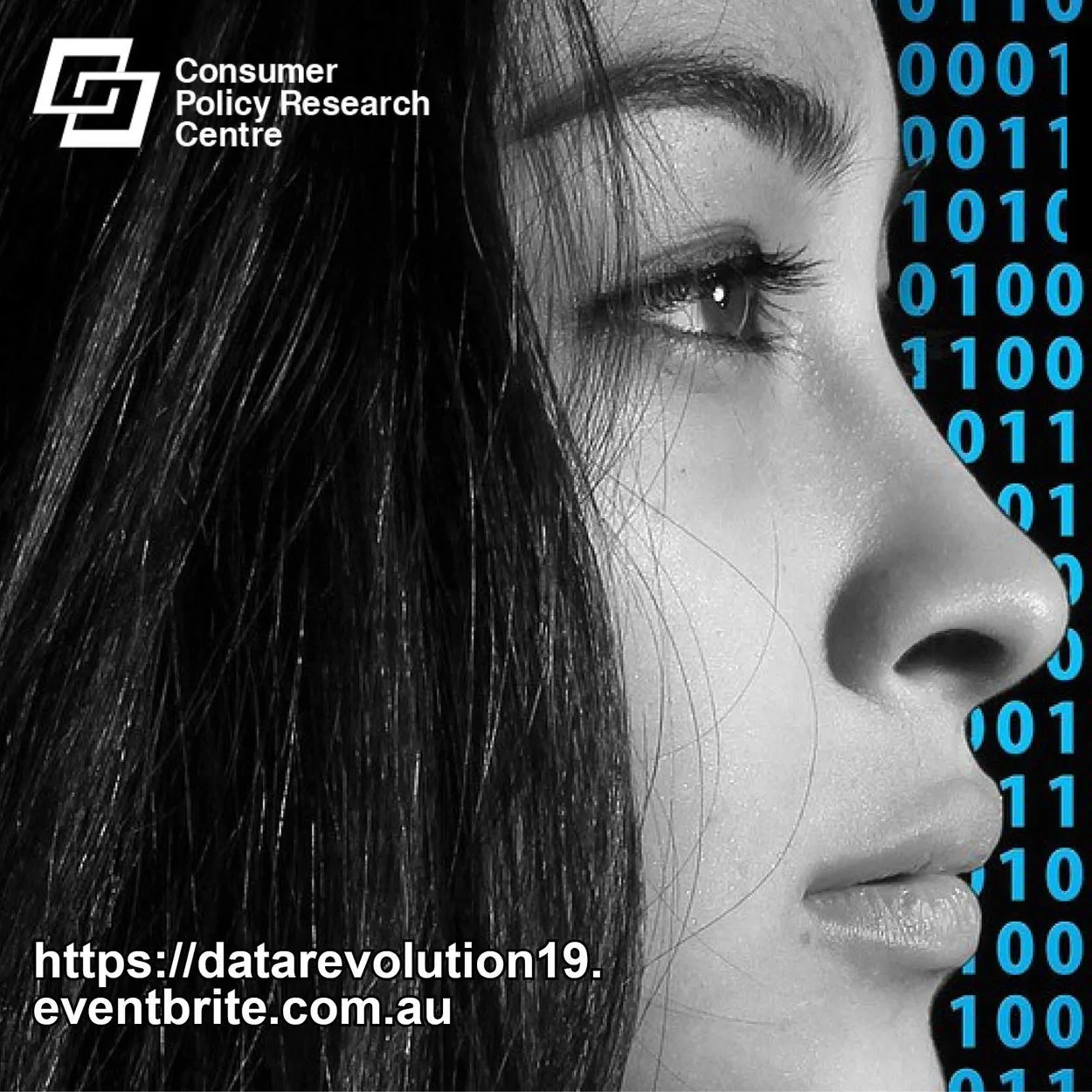One woman a week is murdered in Australia, but there has been little to no progress on reducing this grim statistic. In the wake of the Women’s Safety Summit, it is clear a multi-pronged approach is needed. In today’s analysis, Brenda Gonzales of the Data Feminism Network (@DataFemNetwork) provides an example of how a private citizen in Mexico initiated policy change to make women safer through contextualised data collection of feminicides.
Read MoreJensen Sass and Kate Henne, from the School of Regulation and Global Governance at the ANU, argue that the pandemic has opened up space for reconfiguring the relationships between states and markets.
Read MoreAs Covid-19 case numbers have been rising quickly in Australia Government responses and recommedations to the public have also been fast moving. In an age where trust in our political institutions is at an all time low Professor John Shine from the Australian Academy of Science argues that in such a fast moving environment transparency must be at the core of Government responses. The Academy has thus called on the Government to make all the data and science underpinning their Covid-19 decisions be made public.
Read MoreIn Australia, women’s presence in data is often cause for concern - for example, the way that women are monitored and controlled by the government when receiving welfare or attempting to collect child support; experiences magnified for Indigenous women. Their data invisibility can also be worrying; for example, when the time use survey dropped off in 2006 or when CALD women (and men) are excluded from mental health research. Data collection and use can create trauma, disadvantage and marginalisation; alternately divergent experiences are rendered invisible when data is not collected to tell silenced stories. In today’s analysis, the use and abuse of data gets the gender treatment from Marika Cifor (@marika_louise) and Patricia Garcia (@thebigfiveone). Together they led a workshop that created a “Manifest-No” which details both the harms and potential of data collection from a feminist and intersectional perspective. In today’s analysis they provide a rationale as well as a summary of main points; read the entire Manifest-No here, and find more information on the Manifest-No here.
Read MoreData-fuelled technologies and industries will deliver significant economic growth over the coming decade. How can we ensure that the benefits of that growth are shared fairly? The Consumer Policy Research Centre, an independent, for purpose consumer research think tank, is hosting a conference in Melbourne in November to explore consumer welfare and innovation in the digital economy. CEO Lauren Solomon explains who will be there and why it's important to examine the intersection between data, privacy regulation, competition policy and consumer protection.
Read MorePower to Persuade is hosting a one-day symposium in Melbourne on Thursday 10 October 2019. Featuring a keynote address by Julian Corner, CEO of Lankelly Chase in the UK, and three panels of experts drawn from universties, government and the not-for-profit sector, the symposium will examine the evolving use and understanding of evidence in social policy. Our co-director Dr Sue Olney from the Public Service Researach Group at UNSW Canberra sets the scene and invites you to join the discussion.
Read MoreThere has been much lament over the discarding of Australia’s Women’s Budget Statement as part of the budgeting process, and reinstating this process was one of Labor’s promises should they have won the election. While this is an absolutely critical document, there is an upstream problem that also needs addressing - data collection. The data which is collected and analysed is often itself subject to gender bias, resulting in huge gaps in our understanding of how policies effect women.
Today’s analysis looks at the problem of women’s invisibility in data sets using the example of transportation policy. Transport policy researcher Nicole Badstuber (@NicoleBadstuber) has written an explosive piece that resonated strongly with readers in the U.K. but also hit a nerve with Australians, as evidenced by a viral tweet on the piece from Per Capita’s Abigail Lewis. This piece originally appeared in London Reconnections and can be viewed in its original format here.
Read More







